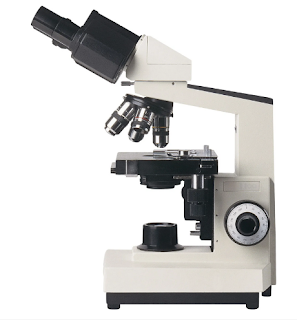The scientific method: dull, dry, and dead?
I have nightmares about the scientific method… 😵 When it was first taught to me, it seemed dull, dry, and dead. But then, I heard we could blow stuff up… wait… back up… What?
 |
| I love these toys! |
Why are we told that the methodology section in a research paper is the "easiest" to write?
If you have done the experiments, and repeated them, you know how to do them. But would you be able to teach them? 😯 Explain them to your colleague in the lab? 😔
The methodology section of the research paper is the first that peer reviewers will prod and test. For them, it's the most important. 😧 Why?
If the design of a study is not sound,then you can not trust the results,discussion, or conclusions.
So, the main characteristics of adequate methodology are:
Validity
Make sure your technique enables you to measure what you intend to measure.
This seems trivial... but how many times did you run a Western blot without a loading control when you were first starting out? 😕
Reliability
This is your method's ability to measure consistently.
All else being equal, how big is the variation in galactose yield between the yeast culture started on Monday, and the Thursday batch? 😕Reproducibility
This is the characteristic that enables an entire experiment to be duplicated.
If you run the bacterial culture in a different lab, will the percentage of apoptotic cells in response to the same antibiotic stress differ? 😕
This was slightly edited after I thought some more on reproducibility and attended a bunch of conferences.
While reproducibility is tricky to ensure, and a lot of studies on reproducibility of clinical trial findings have been attempted, I'll not talk about that for now.
👉 The link on point 3 is to a guest blog post I wrote for ReviewerCredits, months after this original post.
Next time, I'll explore validity, appropriateness, and bias.



Comments
Post a Comment